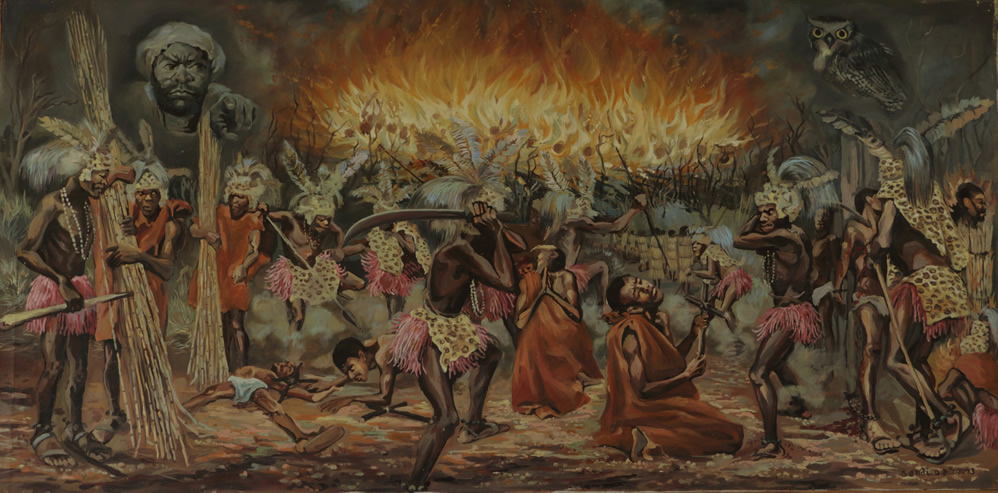Relics of two Ugandan martyrs, executed nearly 140 years ago for their refusal to renounce their Christian faith, have been returned to Uganda. This marks the return of sacred remains that had been in Europe for over a century.
These relics, which include a bone of Charles Lwanga and the jawbone of Matia Mulumba, alongside the chains that bound them and a cross made from the trees where they were tied, have immense symbolic and religious value. The remains of Lwanga and Mulumba were part of a group of 45 martyrs, both Roman Catholics and Anglicans, who were brutally executed between 1885 and 1886 under the orders of Kabaka Mwanga II, the King of Buganda, who was alarmed by the rising influence of Christianity.

The martyrs endured horrific deaths, with some burned alive and others killed by spears or knives. Following their executions, the remains of Lwanga and Mulumba were sent to Rome, while the rest were kept in Uganda. However, many of the martyrs’ remains were never recovered, as wild animals had consumed them.
Henry Okello Oryem, Uganda’s junior foreign minister, described the return of these relics as a landmark event. “This is a landmark event over 100 years after they were taken by the European missionaries,” he said, emphasizing the emotional and historical weight of the relics’ return to their homeland.
The relics will be on display for one month starting September 14, ahead of the 60th anniversary of Pope Paul VI canonizing the martyrs as saints in October 1964. The martyrs’ execution site, located in Namugongo, a suburb of Uganda’s capital Kampala, has since been transformed into a revered shrine. Each year, on June 3, Christians from across Africa and the world gather at the shrine to commemorate the martyrs who died for their faith.
Fairly Used Gods for Sale, Hurry While Stock Lasts
Namugongo remains a vital pilgrimage destination, drawing thousands of faithful visitors. Many of the martyrs had once served as pages to the Buganda king, and their refusal to denounce their newfound Christian beliefs led to their persecution and eventual deaths.





